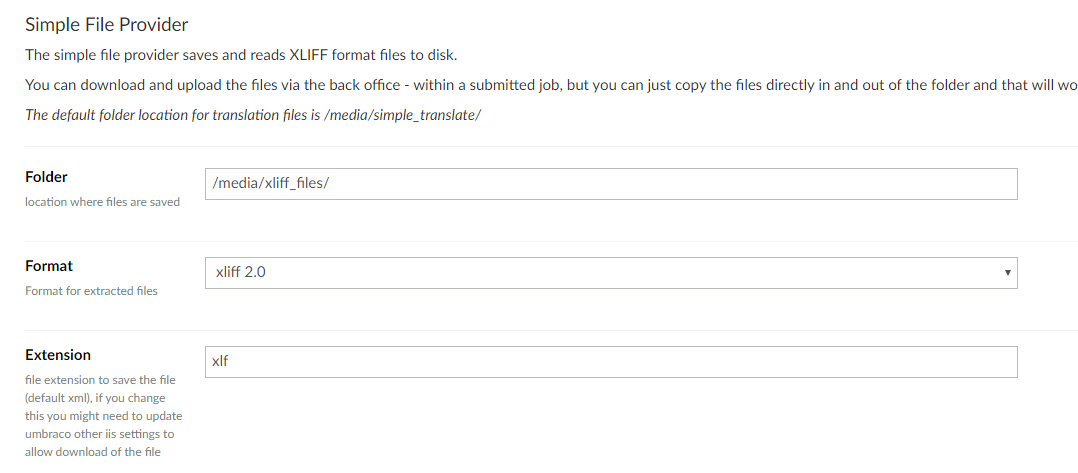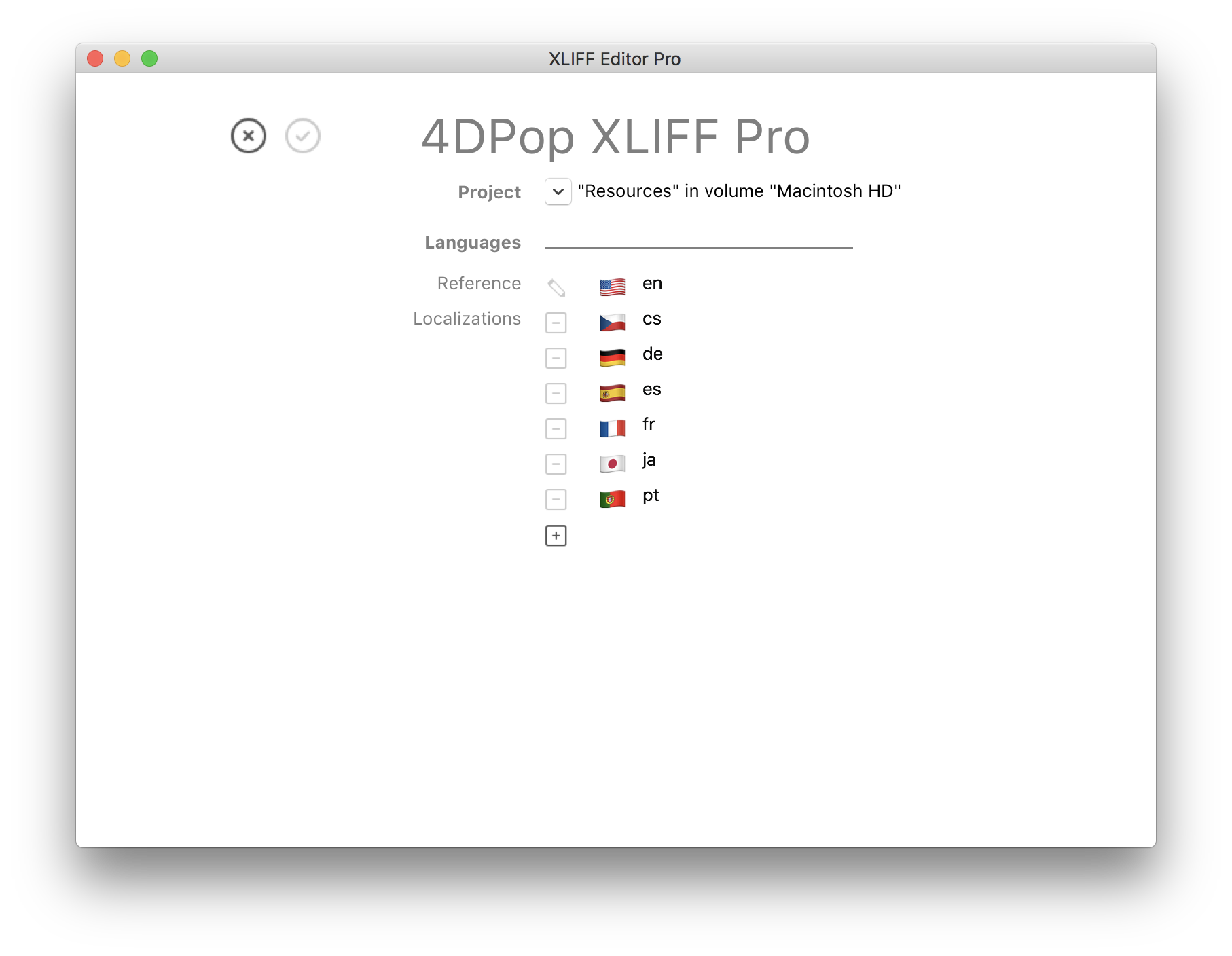
- TRANSLATE XLIFF FILES OIN WORDFAST PRO MANUAL
- TRANSLATE XLIFF FILES OIN WORDFAST PRO PRO
- TRANSLATE XLIFF FILES OIN WORDFAST PRO FREE

If several filters are set for a given format, the first one in the list is used by default. You should select which filter to use by enable/disable it in the File Filters dialog. Note that several of the formats supported by the plug-in are also supported by OmegaT native filters.

TRANSLATE XLIFF FILES OIN WORDFAST PRO PRO
Wordfast Pro TXML files (using the TXML Filter).Transifex projects (using the Transifex Filter).Trados TagEditor TTX files (using the TTX Filter).OpenXML (Office) files (using the OpenXML Filter).Markdown files (using the Markdown Filter).InDesign IDML files (using the IDML Filter).Doxygen-commented files (using the Doxygen Filter).This allows you to use the filters seamlessly directly from OmegaT.Ĭurrently support for the following formats are included: Several of the Okapi filters have been packaged into a plugin that works with OmegaT's plugin interface. It also provides a plugin mechanism to use addition filters.
TRANSLATE XLIFF FILES OIN WORDFAST PRO FREE
Happy to exchange emails with you if you need any more advice.OmegaT is a free and open-source translation tool that offers support for many file formats. you cannot upload into what seems like an exact copy that may have been shared with you). There are some nuances with the xlf (XLIFF / XML) files that RISE produces and you should be aware that you can only upload the xlf from RISE into the exact course it was exported from (i.e.

Other options in no particular order - although mate cat is open source. We use memoQ but I am not on any form of commission. What you probably need to search for online is CAT tools (computer assisted translation).ĭependent on your needs (volume ongoing requirements) there are two main industry tools. Sorry if the above doesn't help much but at least it is an honest answer. Your best way forward (if you do not have a Translation Memory) would be to try and leverage the translation you have as a resource if this is bilingual and possibly align this document (with the aid of a CAT tool) to produce a resource that could help lower the cost of creating a new XLIFF.

(By the time you have done this unless the course is thousands of words you are probably as well trying to copy across the translated text where this can be done. You could export a new XLIFF from Rise > Import into a CAT tool > Export a blank bilingual (rich text format generally) document > copy across the text > Import back into the CAT tool > Export an XLIFF for import into RISE. If you re-export your Rise course (create a new xliff) and supply to your translator they may have created a Translation memory when translating the first xliff file and could possibly populate the new xliff with the stored translation in the Translation Memory > they should then be able to export the results (after checking all is translated) to a new Xliff that should then upload to your course.Ģ. On the premise they have created a Translation memory.
TRANSLATE XLIFF FILES OIN WORDFAST PRO MANUAL
There are a couple of solutions but both are manual and would require a CAT (Computer Assisted Translation) tool.ġ. I am just the messenger, but you cannot convert a word document to xliff and upload to your RISE course.


 0 kommentar(er)
0 kommentar(er)
